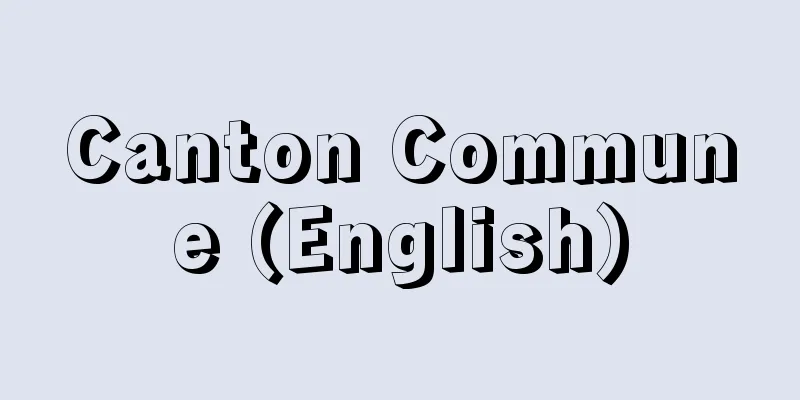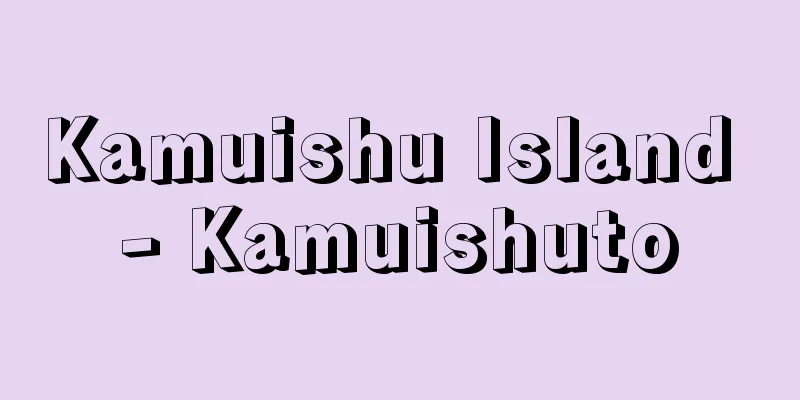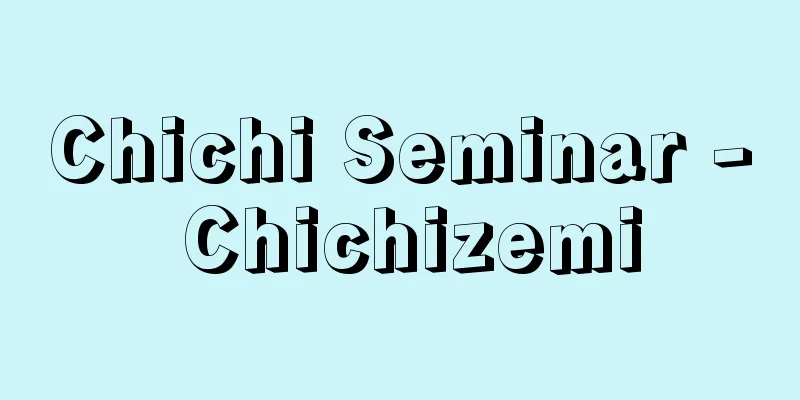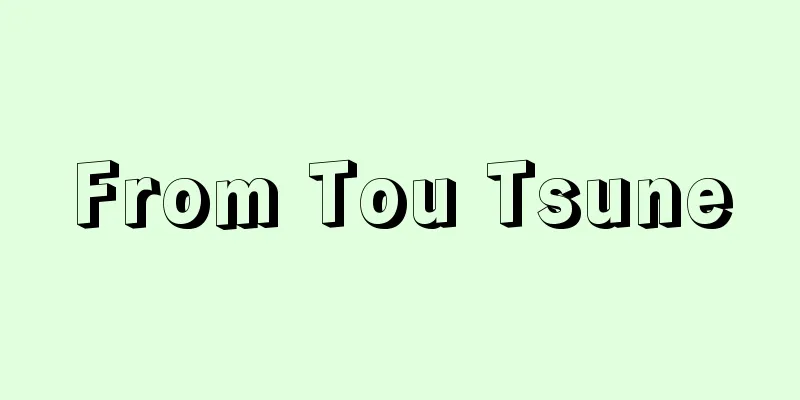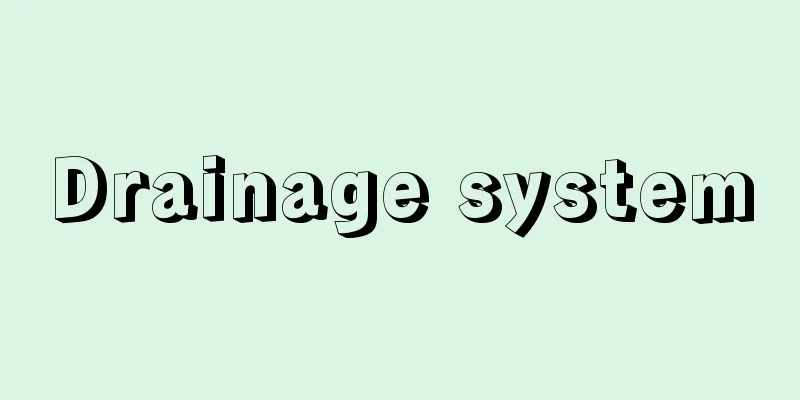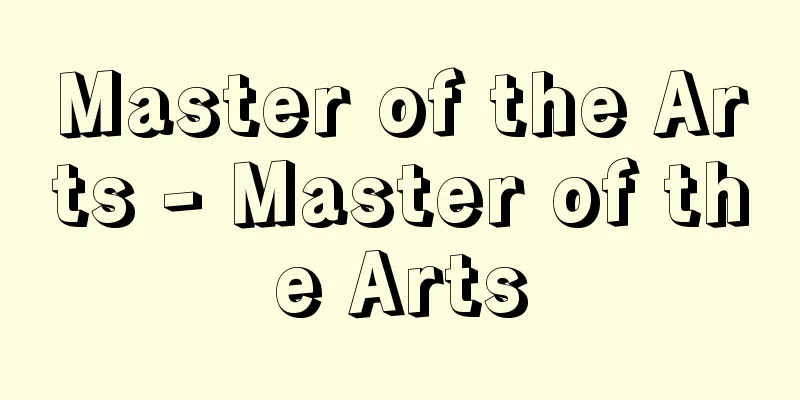Standard Japanese - hyojungo

|
A language with phonology, vocabulary, grammar, etc. that serves as the standard in public life in a certain country or language group. In any language, there are usually some dialect differences in the language used in daily life, but for official communication and understanding, and for school education, a common, standard language is required for all members of the language group. Specifically, a dialect close to the central language is taken and refined. Such an ideal language is called a standard language. Based on the above thinking, it is argued that standard language does not exist as a real thing, and that written language, language in textbooks, and the language of trained radio and television announcers are all better called common language in the sense that they are universal throughout the country, and that standard language is nothing more than a synonym for common language. There is much talk about standard linguistics in English, German, French, Chinese, and other languages, but in the case of Japanese, due to factors such as the conflict between eastern and western dialects and the separation of old social classes, it can be said that the Yamato dialect was considered the central language in the early ancient period (Nara period), and the Kyoto dialect was considered the central language from the late ancient period (Heian period) through the Middle Ages and early modern period. From the late modern period (late Edo period), Edo dialect took the position of the central language, and even after the Meiji Restoration, the search for a language to be used in public life and education among the various dialect conflicts continued, and the idea that the language should be based on the language of the educated class of Tokyo has been dominant to this day. However, there is still a strong fluidity in terms of phonology, accent, vocabulary, grammar, and other aspects, and debate continues. [Giant Forest] "Standard Japanese" by Ishiguro Robei (1950, Meiji Tosho)" ▽ "Dialects and Standard Japanese" edited by Oishi Hatsutaro and Uemura Yukio (1975, Chikuma Shobo)" ▽ "The Circumstances Behind the Development of Standard Japanese" by Sanada Shinji (1987, PHP Institute) Source: Shogakukan Encyclopedia Nipponica About Encyclopedia Nipponica Information | Legend |
|
ある国またはある言語集団で、公的生活において規準となるような、音韻・語彙(ごい)・文法等を備えた言語。どんな言語でも日常生活の言語はなんらかの方言差をもっているのが常であるが、公的な伝達理解のためや学校教育のためなどには、その言語集団全員に共通的で規準となる言語が求められる。具体的には中央語に近いある方言をとり、洗練を加える方式が用いられる。そのような理想上の言語を標準語という。 以上のような考え方から、標準語は実在的でなく、文章語、教科書のことば、訓練を受けたラジオ・テレビのアナウンサーのことばなども、全国に普遍的なことばという意味では、共通語というほうがよい、標準語は共通語の謂(いい)にほかならないと主張されている。 英・独・仏・中など諸言語のなかでの標準語論もかまびすしいが、日本語の場合、東西方言の対立、旧社会階層の分離などの要因から、古代前期(奈良時代)には大和(やまと)のことばが、古代後期(平安時代)から中世・近世前期には京都のことばが中央語と考えられたといってよい。近世後期(江戸時代後半)から江戸語が中央語の座につき、明治維新後も多様な方言の対立のなかから前記の公的生活、教育に用いる言語が模索された結果、東京の教養ある階層のことばを素地とするという考え方が支配的になって今日に至っている。しかしなお、音韻、アクセント、語彙、語法など流動性が強く、論議が絶えない。 [林 巨樹] 『石黒魯平著『標準語』(1950・明治図書)』▽『大石初太郎・上村幸雄編『方言と標準語』(1975・筑摩書房)』▽『真田信治著『標準語の成立事情』(1987・PHP研究所)』 出典 小学館 日本大百科全書(ニッポニカ)日本大百科全書(ニッポニカ)について 情報 | 凡例 |
>>: Standardization - hyojunka (English spelling) standardization
Recommend
Arthur (Art) Tatum
1910‐56 The greatest black pianist in jazz history...
Weather observation ship
An observation vessel that conducts meteorological...
Mount Amida - Mount Amida
…Elevation 1,440m. Also called Amida-dake. It is ...
Edo - Edo
The name of the city that was the predecessor of ...
Monomorium pharaonis (English name) Monomoriumpharaonis
…[Masao Kubota]. … *Some of the terminology that ...
Parallel coordinates
...Let P( a ) denote the coordinate of point P as...
Porphyria
… There are various hereditary diseases that are ...
Aachen Cathedral - Aachen Cathedral (English: das Aachener Münster)
A chapel attached to a palace built during the Ca...
Todo
...The Oirat language is further divided into (1)...
Ayutora Revolution - Ayutora Revolution
…He was born in the southern state of Oaxaca and ...
Secret savings - Secret savings
Hesokuri generally refers to assets that are priva...
One-sen Western Food - Issenyoshoku
...The name "Dondon-yaki" came from the...
Norbornane
(Chemical formula) A cyclic hydrocarbon. Also call...
Danevirke (English spelling)
A group of earthworks running roughly east-west al...
A letter of intent
〘noun〙① A type of legal document from the Edo peri...
